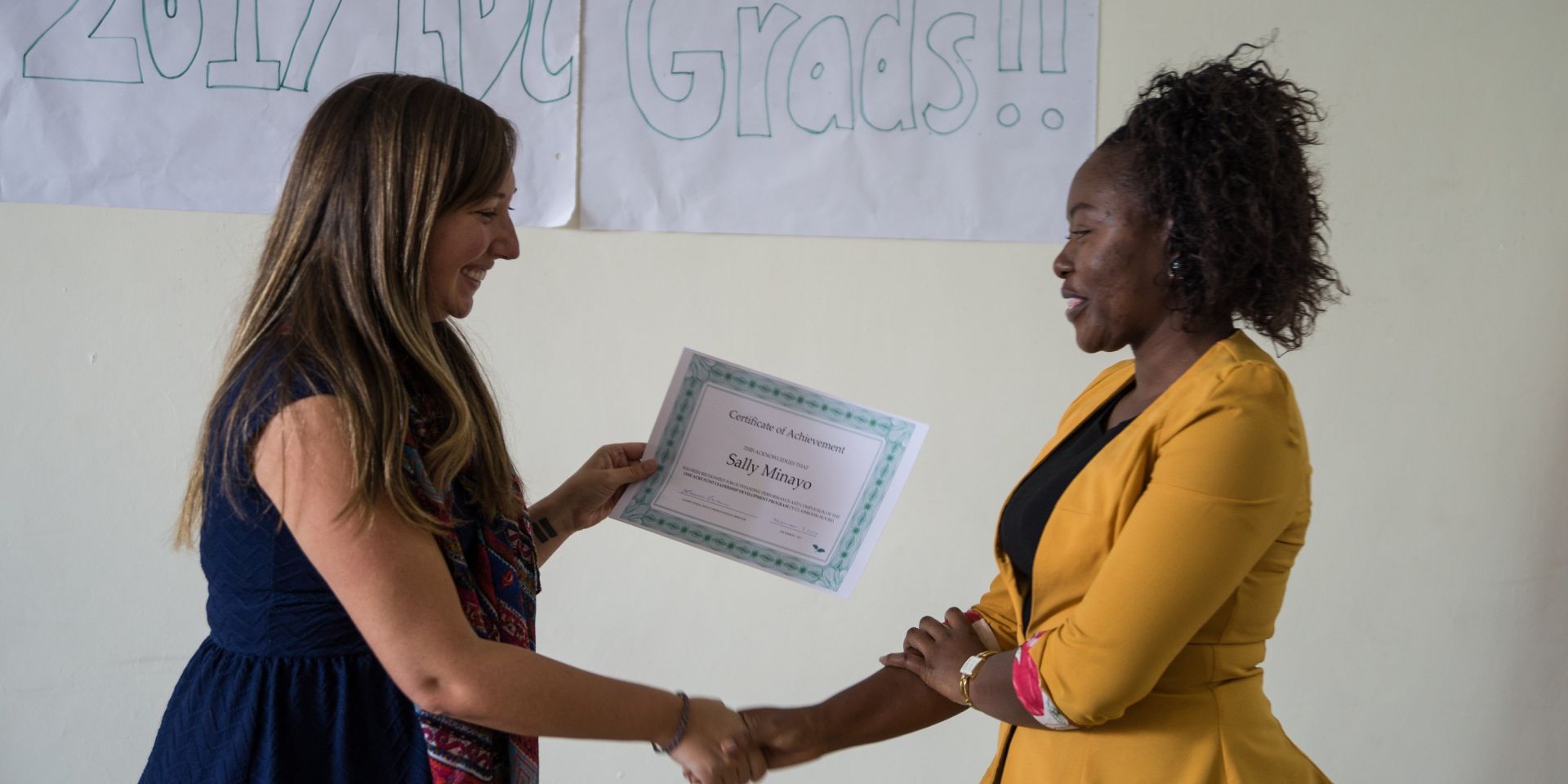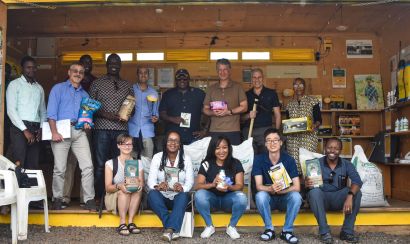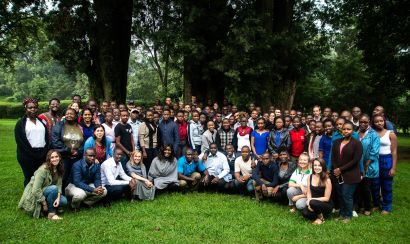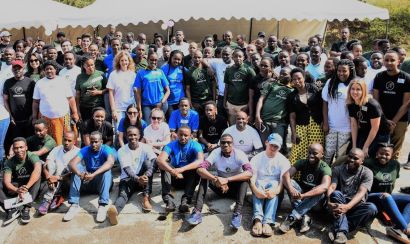Evolving our Enrolment to Serve More Farmers in Kenya
How would you explain your role to someone who knows nothing about One Acre Fund?
I collect, study and interpret field performance data to create marketing material and strategies geared towards enrollment, which entails activities to encourage farmers to sign up for our farming program. The data I use include previous farmer registration reports and performance metrics, which help us determine which strategies are or aren’t working. I also use opportunities like enrollment drives, contract signing events, or farmer meetings to observe, obtain and document feedback from farmers on what they find helpful.
What is the best farmer feedback you’ve ever received?
It was about introducing year-round enrolment instead of limiting it to several weeks every year — we previously offered planting inputs just once a year for the long rains season between March and September. Even from an internal lens, seasonal enrolment is not the easiest or most productive thing to do — in just one month, convince a farmer who's never heard about us to join the program. So we listened and began to allow farmers to sign up individually rather than in groups. Listening to and implementing feedback is one of the reasons our client satisfaction levels have risen over the past year.
How many farmers did we serve in Kenya when you joined in 2011?
We served about 28,000 farmers. Right now, we are approaching the half-a-million mark across 23 counties. It is quite humbling if you think about it, but the value there for me is the implied trust — we've grown because the impact of our work in the farmers we serve each season manifests to others who then join our program. In other words, we're doing something right, and it shows.
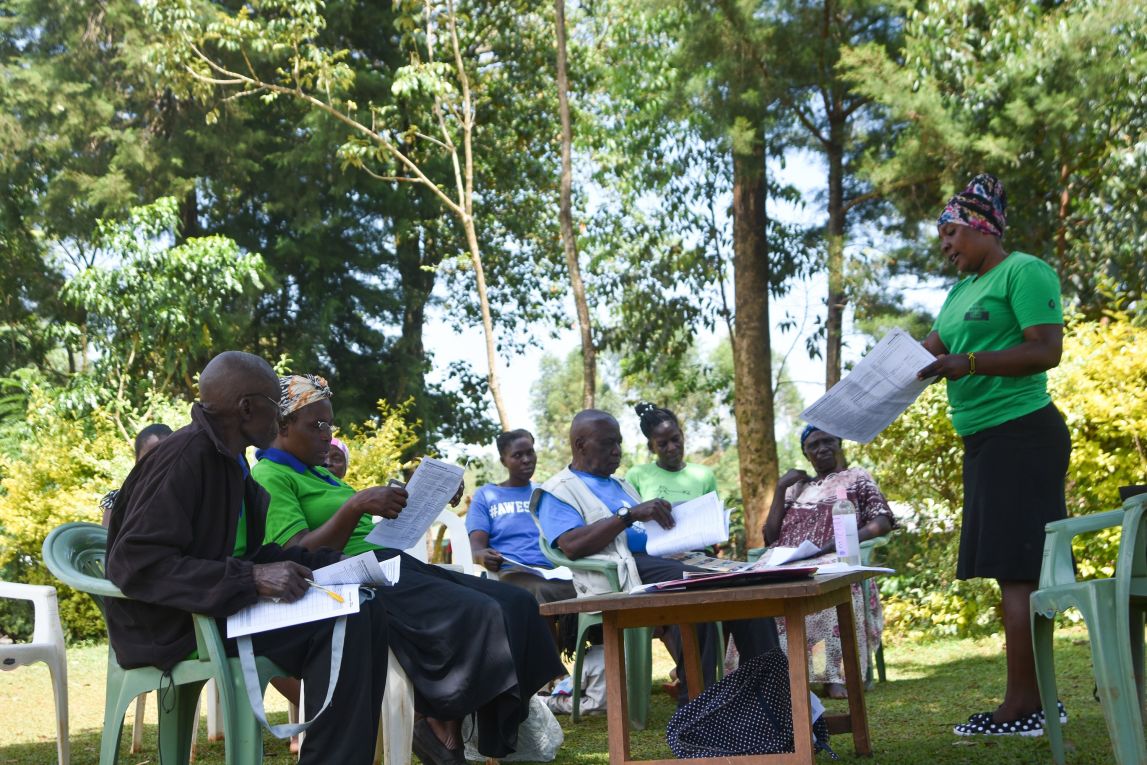
What does it mean to you to work at that kind of scale?
First of all, it is a big win that has taken a lot of commitment to attain. It didn't just happen overnight; it's an incremental effort that has taken years to attain. I value farmers because farming is personal; our clients are my sisters, neighbors, and friends. Uplifting their livelihoods means elevating people close to me and impacting livelihoods. Half a million farm families are a lot of people. I hope we can keep serving farmers for a long time to come because I can't bear the thought of farmers missing out on the quality of life they're building towards.
What are some of the biggest improvements to our farmer services in Kenya you've seen during your time here?
I think the most outstanding of those was the introduction of mobile repayments around 2015. Before then, field officers would visit various sites collecting payments and issuing receipts; it was cumbersome and risky. In the field, I'd sit for up to seven hours reconciling cash received against repayment records — oh, those were exhausting days! The policy change to enable the introduction of mobile repayment was a game-changer for our customer relations needs and our growth.
Another important change was the reversal of the client-banning policy. Because farmers worked in groups, if one of them defaulted on repaying their loan, the entire group couldn't participate the following season. We lost many clients this way. The policy wasn't a bad idea, as it was meant to provide group accountability and support for loan repayment, as the organization doesn’t take loan collateral. But by reversing that policy and discontinuing only defaulting farmers, we reciprocated the trusted farmers put in us, and the returns have been amazing.
Thirdly, we've implemented product discounts as a general motivation and to incentivize those already in the program; for example, returning farmers get a 3% discount on every product they purchase. One of our biggest commitments is affordable product prices, and price incentives articulate that commitment very well.
The last big innovation is tablet enrollment, which has been key to our work over the past few seasons. Enrolling farmers by manually registering their details is time-consuming, and there is the risk such records might be lost. By automating that process — field officers now use tablets to access farmer details and product catalogs — we’ve vastly reduced the time we take to register farmers for products. We are also looking at USSD technology to enable farmers to self-enroll and sign up for products from their mobile phones in the future.
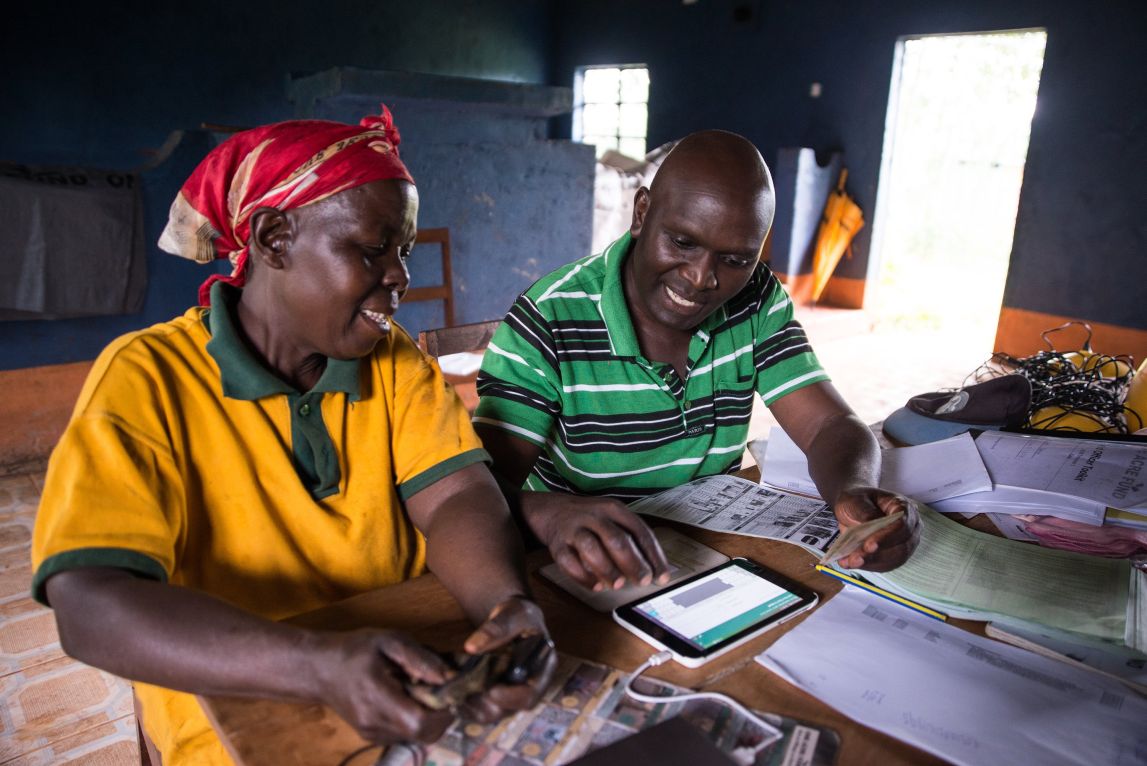
How do you stay motivated to keep pushing and increasing our scale?
Farmer enrolment trends and data keep me motivated. I am lucky to have ready access to information that enables me to directly suggest improvements to our work. I also work in a team and organization that is always ready to listen, learn, and support. When I consider the kind of support that I get from my teammates, I realize that everything we do that seems easy — from offering helpful critiques, processing feedback to make improvements, rallying together to tackle challenges, working on contingencies, to celebrating success — is because we are such a great team.
That’s great to hear. What do you see being the next big shift in how we enroll farmers in Kenya? What does the next frontier look like?
We need to keep working on our scale to impact as many farmers as possible. Right now, we are transitioning from seasonal enrolment to year-round enrollment. This is where I believe our future and that of farmers lies. We're scaling up our retail shops (Duka) across the country to benefit as many farmers as possible. Initial feedback is that reception is really good, with products moving quickly and farmers providing timely feedback on what other products they need. It is also encouraging that different government agencies realize the value of our work and are initiating partnerships to scale our reach. It is exciting to be able to inspire such action.
